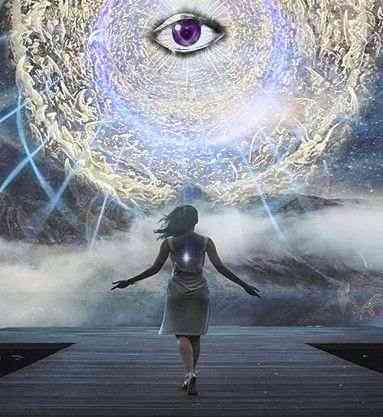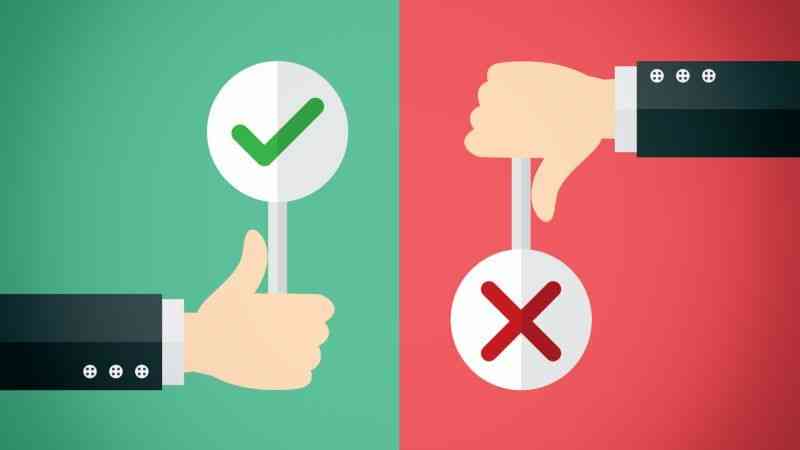How to Boost Your Self-Esteem
"There is a culture. There is nature. But there is consciousness, and its elaboration—self-consciousness—and these may well play an important role in human destiny", said Jordan Peterson . Human beings are not determined by culture and nature only but most importantly consciousness.

"There is a culture. There is nature. But there is consciousness, and its elaboration—self-consciousness—and these may well play an important role in human destiny", said Jordan Peterson . Human beings are not determined by culture and nature only but most importantly consciousness. Animals do not have to believe that they are worthy of living to survive however we humans do.

It's not what you are that is holding you back. It's what you think you are not. Self-esteem is the disposition of experiencing one's self as confident to cope with life's challenges and as worthy of happiness. The term became fashionable in the last century due to the rise of entrepreneurship. However, it became vaguely defined and a call for many wrong interpretations, such as the belief that the early stages of our lives eternally determined our lives, being entitled to feel good all the time and a call for quick fixes to avoid responsibility.
According to Nathanial Branden, the writer of the six pillars of self-esteem, the concept is built up upon two foundations self-respect and self-efficacy. On one hand, self-respect is synonymous with dignity and deserving to be treated properly by ourselves and others. On the other hand, self-efficacy batters victim mentality because it is based on the belief that we can think and learn what needs to be learned to create the life that we want.

Low self-esteem mostly originates in childhood from disappointing authority figures who fail at encouraging their children and preoccupied caregivers who nurture the feeling of not being enough and forgotten. Also, over-protective parents who leave their children no shield to face life's adversities makes an insecure adult. The culture of blaming the victim makes people settle for abuse and unable to stand up for themselves. Finally, social media continues to show us unrealistic beauty standards and an algorithm that shows us the 5% people at the top who share only the happy third of their lives.
People with low self-esteem are usually characterized by:
- closed-mindedness
- resilience to reality, and life's difficulties
- dreaded by the unknown and conformists.
- They settle for abusive relations
- They consider that their companions are machines to satisfy their needs, therefore, they fail to appreciate them.
- Positive feedback doesn't satisfy them, and the negative ones define them and discourage them.
- They lack creativity
- They experience negative emotions most of the time

How to improve your self-esteem:
It is important to know that self-esteem is about you and how you feel about yourself not about how you feel about yourself and everybody's achievements.
There are different ways to enhance your self-esteem:
Self-responsibility :
- You have to put in mind that no one is coming and that you are the master of your own life.
- It maybe true that we may not be the cause of our self esteem but it is our responsibility to fight it if we have the weapon.
Self-awareness as a form of self-care:
- If you are not trying to understand thyself. You are either avoiding or not bothering to know your need and desires as a result you are unconsciously sending a message to your self and others that you are not worthy.
- Start to be aware of the voice that doubts your abilities and put in mind that it is not coming from a critical assessment but an unreliable biased unconscious mind.
- Self criticism must be constructive this implies being specific to point out the problem in a way that makes finding the solution easier.
P.S: words like stupid, weak, dump... etc, are vague and therefore it must not be validated.
Check my article about self-awareness for further tips:

Self-acceptance as a precondition to self-awareness:
- Self-acceptance is the opposite of self-rejection.
- To accept yourself means to be compassionate with it
- It is the realization that if you have done something that you are ashamed of, it is time to understand why it was pleasurable back in time, which implies experiencing instead of avoiding and disowning your being.
- Accepting yourself doesn't mean liking it and being indifferent to change and improvement.
Understanding Your Problem Is Half the Solution
The practice of self-integrity:
- self-integrity implies living up to your expectation and convictions. This exercise boosts one's self-trust.
Acting against self-integrity is a performance of self-betrayal. Steven Pressfield in the War of Art said, "Most of us have two lives the life we live, and the unlived life within us. Between the two stands Resistance"
According to Nietzsche, we have two selves, a higher self and self. Our higher self calls for us if we fail to answer it, it will keep chasing you and looking down on you.
You can hide from everyone and everything but your self.
- Don't expect too much from yourself. Start small and get out of your comfort zone when you feel confident enough.
Do not let negative feedback define you:
- Success must not be the ultimate intention. Instead, make learning from your own mistakes your higher goal.
“Failure is instructive. The person who really thinks learns quite as much from his failures as from his successes.”
― John Dewey
Why is self-esteem criticized:

- It is not an empirical phenomenon which means that it cannot be observed reliably and systematically.
- The measures of self-esteem are pretty appalling.
- The implications of self-esteem are already modeled better with the big five.
People with high-level neuroticism and low-level openness and extroversion, often suffer low self-esteem problems.
- Self-esteem might become disconnected from actual accomplishment.
- It often gets confused with narcissism and arrogance.
- Bullying is a result of high self-esteem.
Further reading:

Books:
The six pillars of self-esteem_Nathaniel Branden
12 rules for life_Jordan B Peterson
Further research:
The psychology of self-sabotage and Resistance
The idea of the shadow by Carl Jung to expand you repertoire about consequences of self-rejection.


